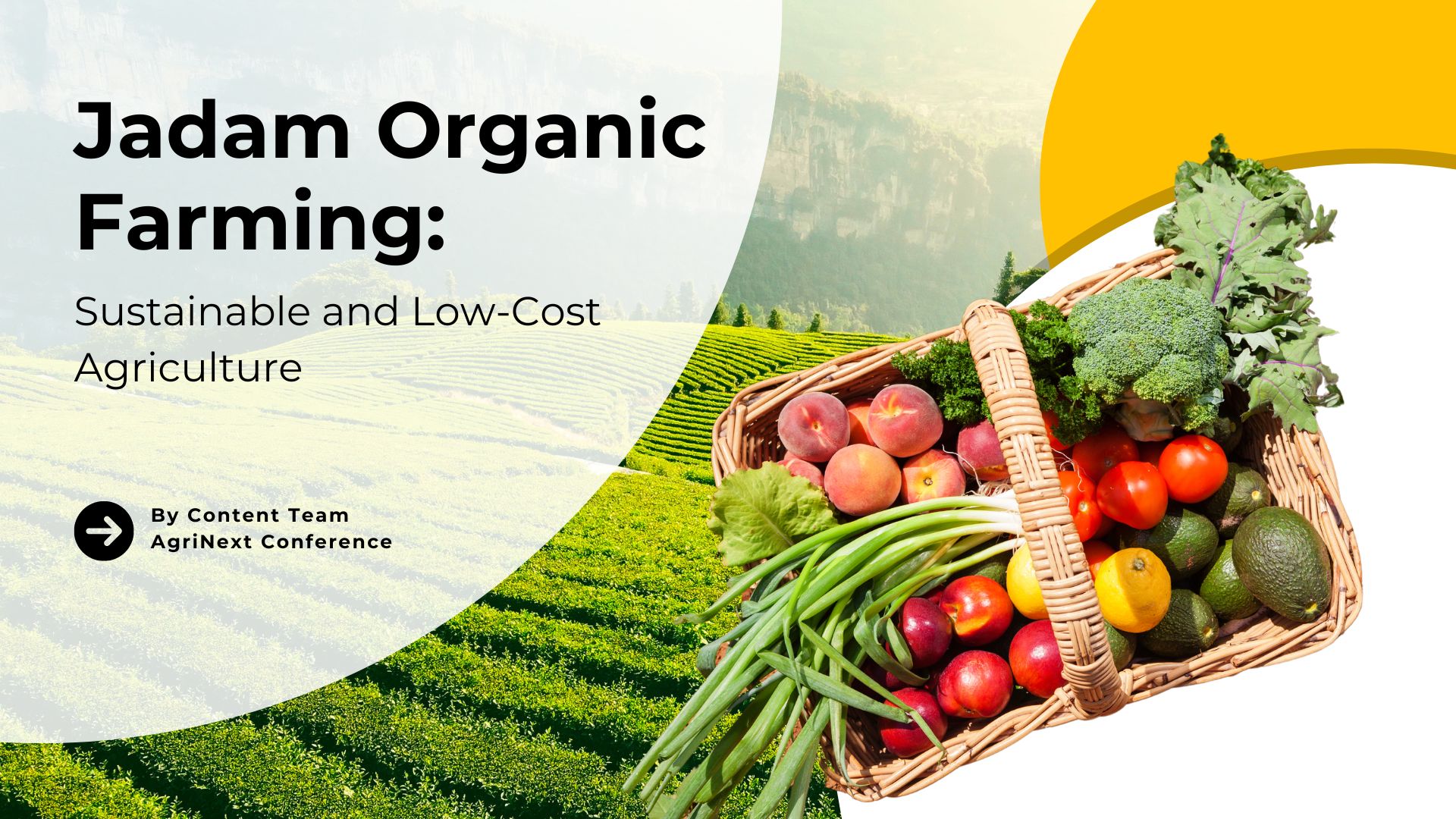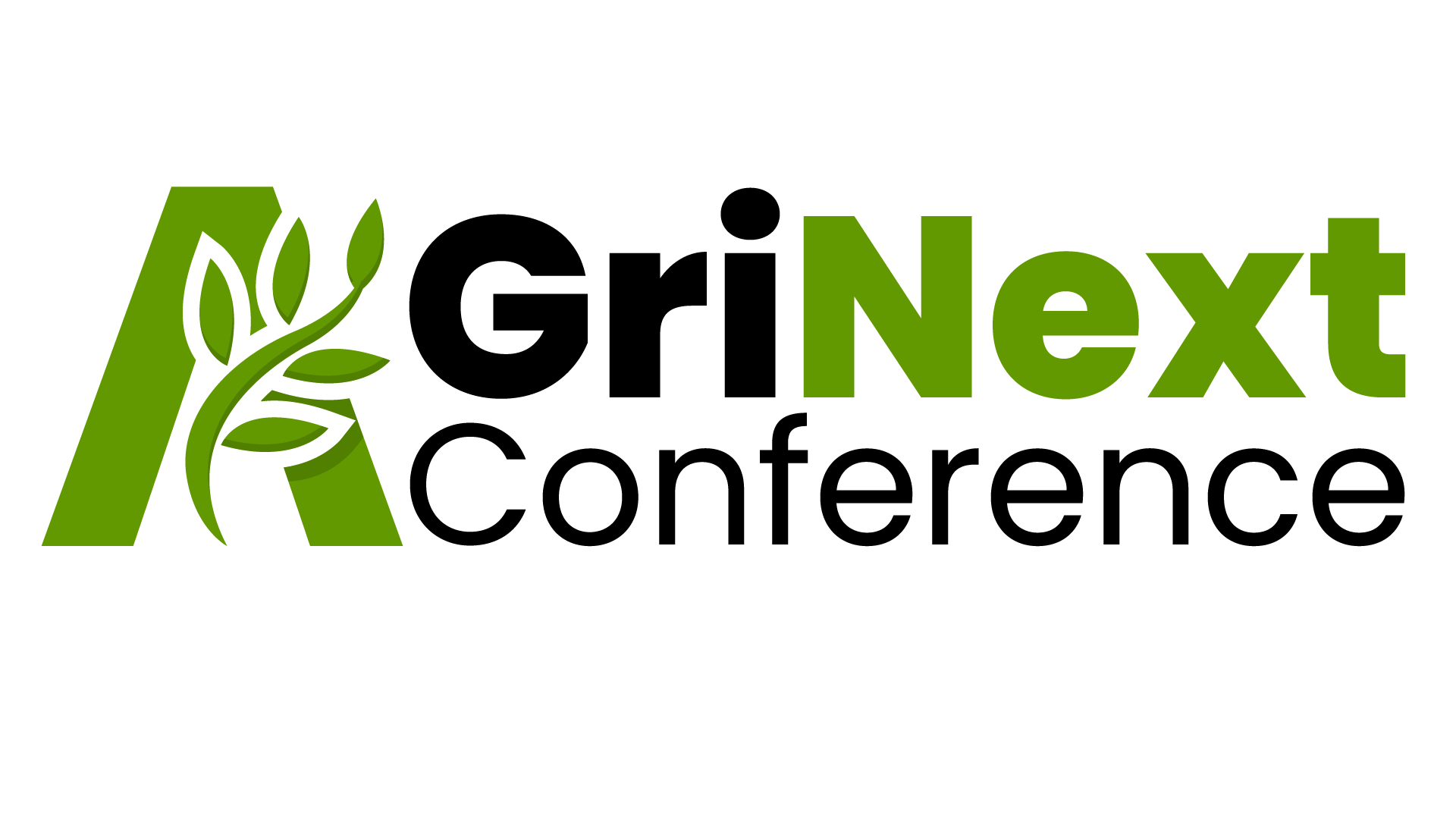
Introduction
“Organic farming isn’t just about growing crops; it’s a philosophy that harmonizes with nature, leading to sustainable agriculture and lower costs.”
Jadam organic farming, developed by Youngsang Cho in South Korea, represents a revolutionary approach to sustainable agriculture. This method emphasizes low-cost, eco-friendly techniques that rely on natural inputs and indigenous microorganisms. By utilizing the power of nature, Jadam aims to create a farming system that is accessible, sustainable, and highly productive.In this blog we will explore principles, benefits and real life examples of Jadam organic farming.
Principles and Practices
Low-Cost Production
Jadam farming focuses on minimizing costs by producing natural fertilizers and pesticides using locally available materials. This approach helps farmers reduce their dependence on expensive commercial inputs, making farming more affordable and sustainable.
Natural Inputs
One of the core practices in Jadam farming is the creation of natural inputs. Farmers are used to making their own fertilizers and pest control solutions using simple, natural ingredients like leaf mould, seawater, and plant extracts. These homemade inputs are not only cost-effective but also environmentally friendly.
Indigenous Microorganisms
Jadam emphasizes the use of indigenous microorganisms (IMOs) to enhance soil fertility and plant health. These microorganisms, collected from the local environment, are cultured and applied to the soil to improve its microbiota. IMOs play a crucial role in breaking down organic matter, fixing nitrogen, and promoting plant growth.
Sustainability
Sustainability is at the heart of Jadam organic farming. By avoiding synthetic chemicals and promoting natural inputs, Jadam helps maintain soil health, biodiversity, and ecosystem balance. This approach ensures that farming practices are in harmony with nature, leading to long-term agricultural productivity.
Simplified Techniques
Best part of the Jadam farming is its simplicity.It is designed to be easily understood and implemented by farmers without requiring advanced technical knowledge or equipment. The methods are straightforward, making them accessible to small-scale and subsistence farmers around the world.
Benefits of Jadam organic farming
Cost Savings
By using locally available materials and producing their own inputs, farmers can significantly reduce their farming costs. This makes Jadam farming particularly beneficial for small-scale farmers with limited financial resources.
Improved Soil Health
The use of natural fertilizers and IMOs enhances soil fertility and structure, leading to healthier and more productive crops. Over time, Jadam farming helps build rich, fertile soil that can sustain high yields.
Environmental Sustainability
Jadam farming avoids the use of synthetic chemicals, reducing the environmental impact of agriculture. This leads to cleaner soil and water, increased biodiversity, and a healthier ecosystem.
Accessibility
The simplified techniques of Jadam farming make it accessible to a wide range of farmers, regardless of their educational background or farming experience. This inclusivity can help promote sustainable farming practices on a global scale.
Real-World Example: Jadam Farming in South Korea
Case Study: Youngsang Cho’s Farm
Youngsang Cho, the founder of Jadam organic farming, successfully implemented his techniques on his own farm in South Korea. Faced with the high costs and environmental damage associated with conventional farming, Cho sought to develop a system that was both economically viable and ecologically sustainable.
On his farm, Cho uses homemade natural inputs for fertilization and pest control. For instance, he creates liquid fertilizer using leaf mould, seawater, and plant extracts. This fertilizer not only reduces costs but also enriches the soil with essential nutrients and beneficial microorganisms.
Cho also collects indigenous microorganisms (IMOs) from his local environment. By culturing these microorganisms and applying them to his soil, he has significantly improved soil fertility and plant health. The IMOs help break down organic matter, fix nitrogen, and promote robust plant growth.
The results on Cho’s farm have been remarkable. He has seen increased crop yields and healthier plants, all while dramatically reducing his dependence on expensive chemical inputs.His sustainable farming practices have improved soil structure and biodiversity, making the agricultural system more resilient.
Expanding Influence
Inspired by the success on his farm, Cho has shared his Jadam techniques with farmers around the world. Workshops and training sessions in countries such as the Philippines, India, and the United States have empowered countless farmers to adopt these sustainable practices. Farmers who have implemented Jadam methods report similar benefits, including reduced costs, improved soil health, and higher crop yields.
Example from the Philippines
JADAM means “people that resemble nature”
In the Philippines, several small-scale farmers have embraced Jadam organic farming with impressive results. For instance, a farmer in the province of Cebu switched to Jadam practices after struggling with the high costs of conventional farming. By producing his own fertilizers and pesticides, he reduced his farming expenses by 70%. Additionally, the use of IMOs has led to healthier soil and more productive crops, allowing him to sustain his livelihood and support his community.
Conclusion
Jadam organic farming offers a promising path towards sustainable and low-cost agriculture. By leveraging natural inputs and indigenous microorganisms, this method promotes soil health, environmental sustainability, and economic viability for farmers. As more farmers adopt Jadam practices, the potential for a more sustainable and resilient aricultural system becomes increasingly attainable.
The AgriNext Awards Conference & Expo plays a pivotal role in promoting organic farming by bringing together industry leaders, innovators, and experts to showcase advancements in sustainable agricultural practices. This inaugural event highlights cutting-edge techniques and technologies that support organic farming, including vertical farming and climate control, aiming to create a platform for knowledge exchange and collaboration.
The conference features a diverse lineup of speakers such as Ahmed Elmetwally, Giovanni Angiolini, and Dr. Christina T. Igono, who are involved in different aspects of sustainable agriculture and innovative farming technologies.
By recognizing excellence in organic farming, the conference not only encourages the adoption of eco-friendly practices but also fosters a community dedicated to improving the quality and sustainability of agriculture globally
Signup For AgriNext Conference Newsletter

